Filter by
The language used throughout the course, in both instruction and assessments.
Results for "how+the+k-mean+clustering+algorithm+works"
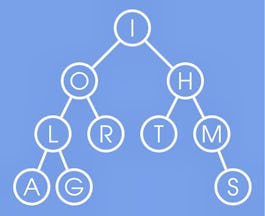
University of California San Diego
Skills you'll gain: Data Structures, Graph Theory, Algorithms, Debugging, Network Model, Bioinformatics, Advanced Mathematics, Operations Research, Data Storage, Development Testing, Software Testing, Theoretical Computer Science, Computational Thinking, Network Analysis, Programming Principles, Computer Programming, Network Routing, Epidemiology, C++ (Programming Language), Infectious Diseases
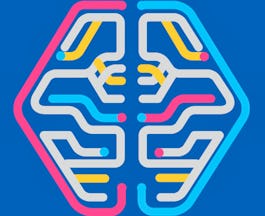
Google Cloud
Skills you'll gain: Google Cloud Platform, Machine Learning, Data Strategy, MLOps (Machine Learning Operations), Applied Machine Learning, Development Environment, Data Ethics, Artificial Intelligence, Computer Vision, Jupyter
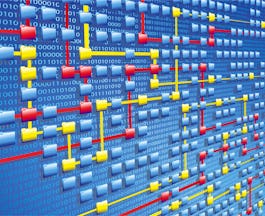 Status: Free
Status: FreeEindhoven University of Technology
Skills you'll gain: Process Analysis, Process Improvement, Business Process Management, Data Mining, Business Process Modeling, Process Optimization, Data Processing, Operational Analysis, Data Analysis, Real Time Data, Data Science, Verification And Validation, Algorithms

Skills you'll gain: Feature Engineering, Applied Machine Learning, Advanced Analytics, Predictive Modeling, Analytics, Unsupervised Learning, Data Ethics, Machine Learning, Machine Learning Algorithms, Supervised Learning, Random Forest Algorithm, Decision Tree Learning, Performance Tuning, Python Programming
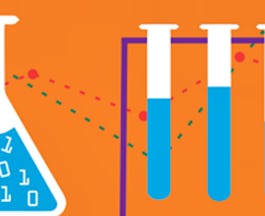
Skills you'll gain: Jupyter, Peer Review, Data Modeling, Data Science, Data Cleansing, Business Analysis, Data Processing, Predictive Modeling, Data Quality, Data Storytelling, User Feedback, Decision Tree Learning
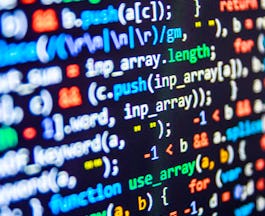
University of Colorado Boulder
Skills you'll gain: Data Structures, Algorithms, Theoretical Computer Science, Computational Thinking, Data Science, Analysis, Probability & Statistics

University of Pennsylvania
Skills you'll gain: Computational Thinking, Algorithms, Pseudocode, Analytical Skills, Computer Science, Python Programming, Data Structures, Computer Hardware, Computer Programming, Analysis, Computer Architecture, Debugging

University of Illinois Urbana-Champaign
Skills you'll gain: Data Visualization, Data Visualization Software, Text Mining, Data Presentation, Data Mining, Interactive Data Visualization, Data Storytelling, Dashboard, Visualization (Computer Graphics), Tableau Software, Plot (Graphics), Natural Language Processing, Unsupervised Learning, Unstructured Data, Statistical Analysis, Graphing, Big Data, Anomaly Detection, Analytics, Data Validation
 Status: Free
Status: FreeUniversity of London
Skills you'll gain: Matplotlib, Probability & Statistics, Data Visualization Software, Data Science, Unsupervised Learning, Statistics, NumPy, Python Programming, Pandas (Python Package), Machine Learning Algorithms, Data Analysis, Descriptive Statistics, Data Manipulation
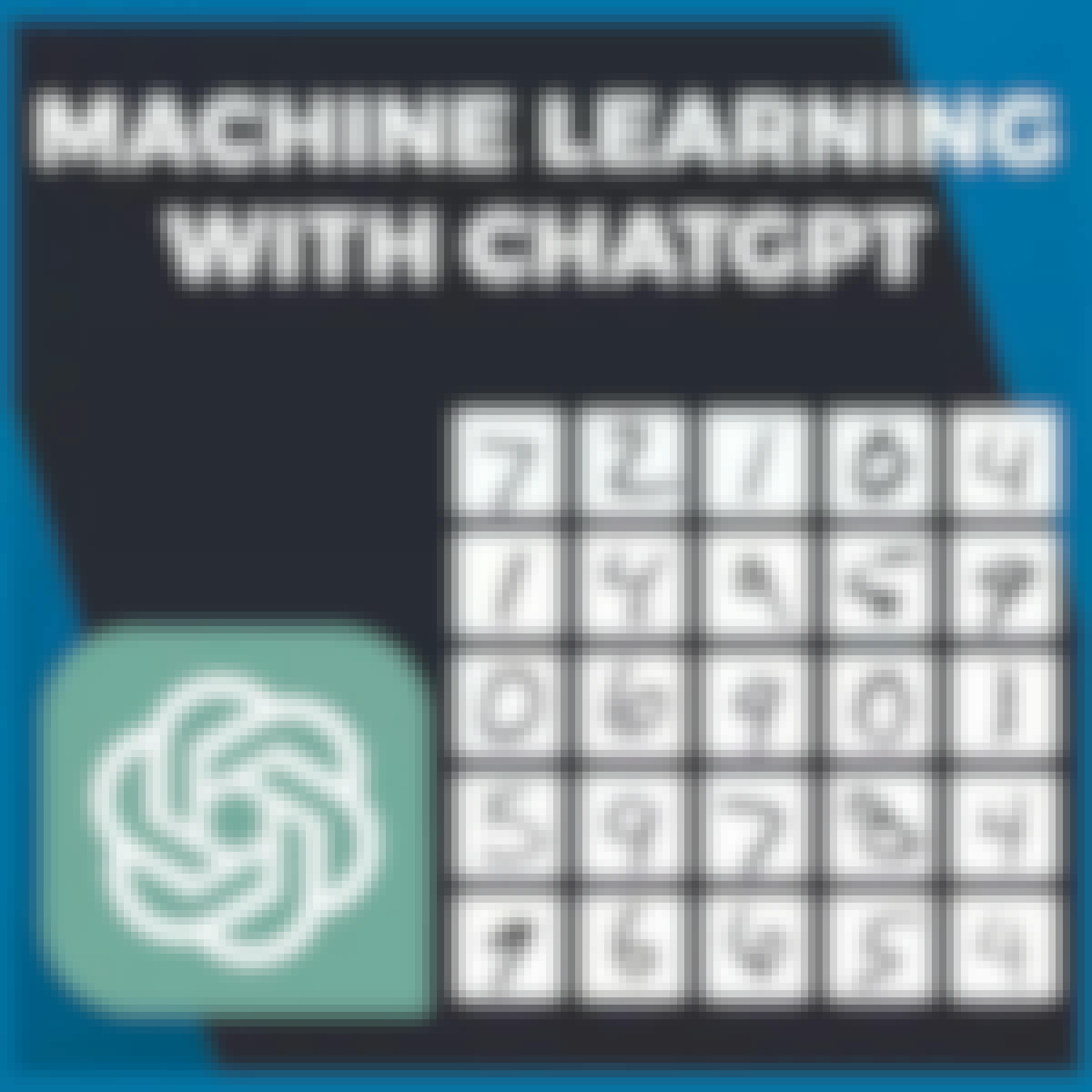
Coursera Project Network
Skills you'll gain: Machine Learning, Python Programming
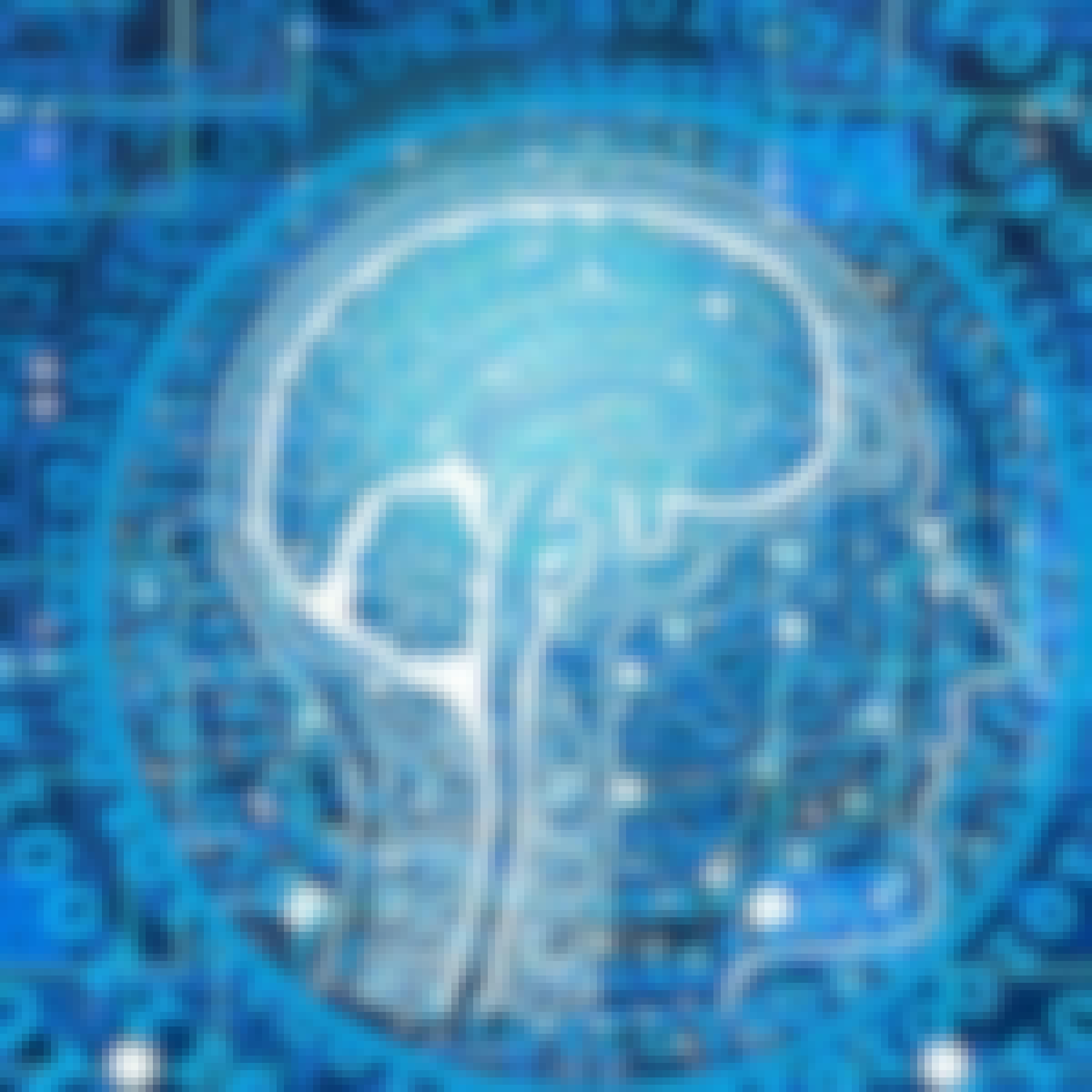
Skills you'll gain: Unsupervised Learning, Dimensionality Reduction, Scikit Learn (Machine Learning Library), Machine Learning Algorithms, Feature Engineering, Machine Learning, Statistical Machine Learning, Text Mining, Data Mining, Data Science, Unstructured Data, Big Data, NumPy, Data Analysis, Natural Language Processing, Linear Algebra

Skills you'll gain: Apache, Big Data, Machine Learning, Human Learning, Machine Learning Algorithms, Data Science
In summary, here are 10 of our most popular how+the+k-mean+clustering+algorithm+works courses
- Data Structures and Algorithms: University of California San Diego
- How Google does Machine Learning: Google Cloud
- Process Mining: Data science in Action: Eindhoven University of Technology
- The Nuts and Bolts of Machine Learning: Google
- Data Science Methodology: IBM
- Algorithms for Searching, Sorting, and Indexing: University of Colorado Boulder
- Computational Thinking for Problem Solving: University of Pennsylvania
- Data Mining: University of Illinois Urbana-Champaign
- Foundations of Data Science: K-Means Clustering in Python: University of London
- Machine Learning with ChatGPT: Image Classification Model: Coursera Project Network












